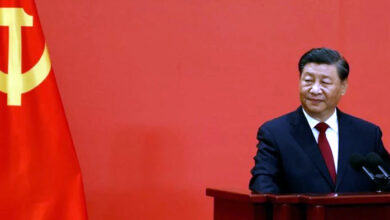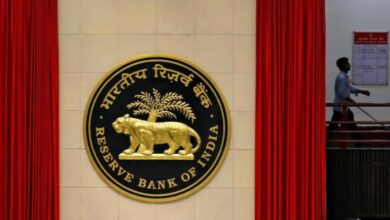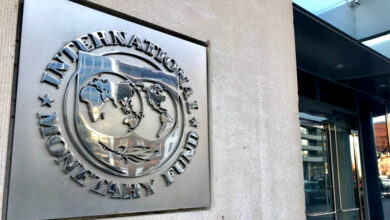Hungary is trying to reach a deal on EU recovery funds before the end of the year.

BUDAPEST, -Hungary is trying to reach a deal with the European Union by the end of the year so that it can get billions of euros in funding for pandemic recovery, the country’s new European affairs minister told the state news agency MTI.
The EU’s executive Commission froze Hungary and Poland’s access to the funds because their nationalist governments have a history of breaking liberal democratic rules by limiting the rights of migrants, gays, and women and giving the government more control over the media and courts.
Hungarian minister Tibor Navracsics told MTI late Thursday that Budapest would do everything it could to sign an agreement on Hungary’s recovery plan “in the second half of the year or toward the end of the year.”
Navracsics said, though, that the process leading up to the signing of the agreement was “complicated.” This made him sound less hopeful than Hungary did on Tuesday, when it said that negotiations were nearing the end.
When asked for a comment, the Brussels-based Commission stuck to its long-held view that Budapest must do more to fight corruption in order to get the money.
A spokeswoman for the Commission said, “The Commission takes its job of making sure people follow the rule of law very seriously.”
This week, Poland won a political victory when the Commission unblocked nearly €36 billion ($39 billion) that had been blocked because of Warsaw’s judicial reform, which the top EU court had ruled against because it didn’t protect courts from political interference.
Warsaw has made some concessions, but not enough to solve the whole problem. But Poland’s political situation has gotten better since Russia invaded the country next door, Ukraine, and made about 3 million people leave their homes.
On the other hand, tensions between Brussels and Hungarian Prime Minister Viktor Orban have grown over the past few months. This is partly because Budapest has been holding up more sanctions against Russia.
Hungary first asked for 7.2 billion euros in grants from the EU’s pandemic recovery stimulus, but after Russia’s invasion in February, Orban made it clear that he also planned to use the program’s cheap loans.
The lack of a deal on how to get the money for Budapest and the recently announced windfall taxes on banks and energy companies have put pressure on the Hungarian financial markets. This week, the Hungarian forint hit an all-time low against the Polish zloty.
The EU has been saying for a long time that Hungary’s laws on public procurement don’t do enough to protect against corruption. Rights groups say that Orban gave EU money to his close friends to make them rich and keep them loyal.
Only two of the 27 EU countries have not yet had the Commission approve their spending on recovery.
($1 = 0.9309 euros)





